6130003561787
Price Quote Get an up to date pricing and availability quote for this product. Order online or over the phone.
Quality Commitment
Serving our customers with quality and safety first.
- AS9120 Certified
- Audited supply chain
- ITAR Registered
- DDTC Registered
- HAZMAT Certified
- Customer service objectives
- Every product 100% inspected

6130-00-356-1787 Specification Set by the OEM (see RNCC code 3)
2.938in. ⁓2-61/64"
1.500in. ⁓1-1/2"
24.0 dc pounds per hour wet
106.9 hertz and 123.5 hertz
provided
2.0 amperes
unequal
single
7 pin standard tube
Cross Reference Parts Part numbers that meet the specification outlined on this page and set by the OEM
Identification Item Identification Guide (IIG) and Item Name Code (INC)
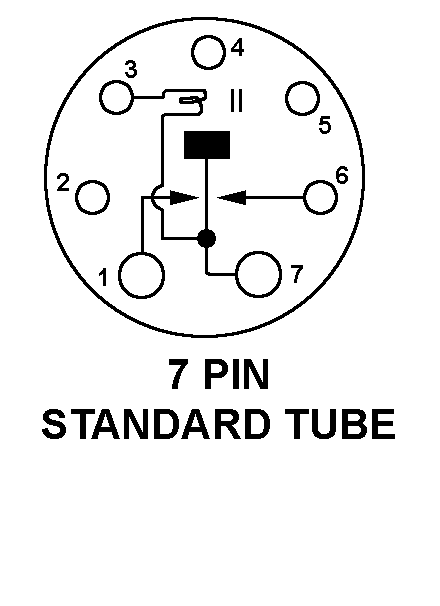
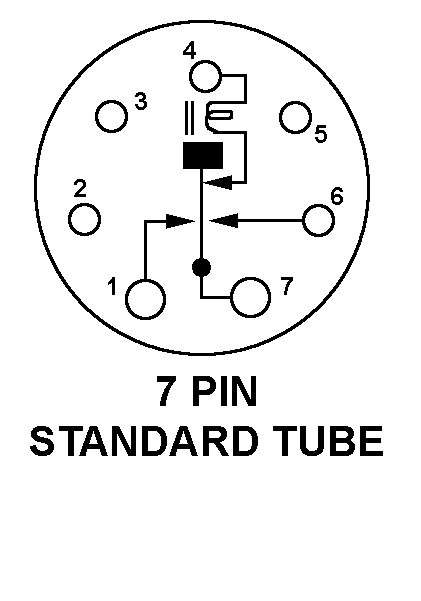
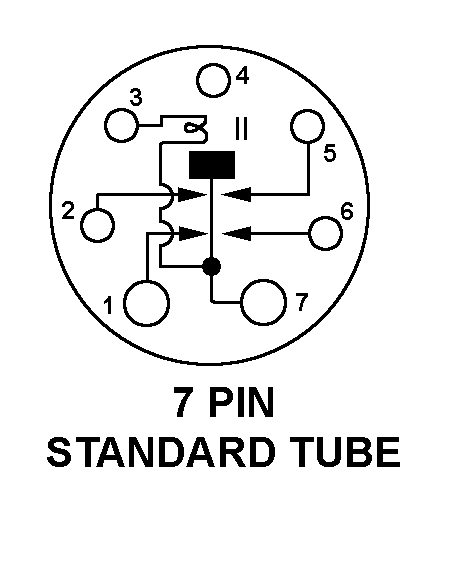
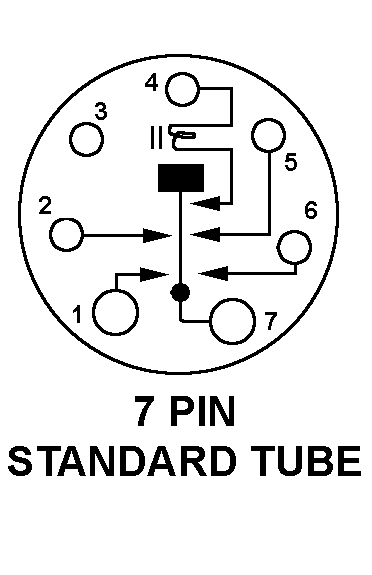
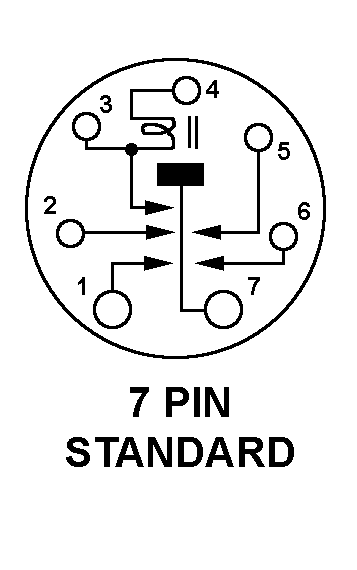
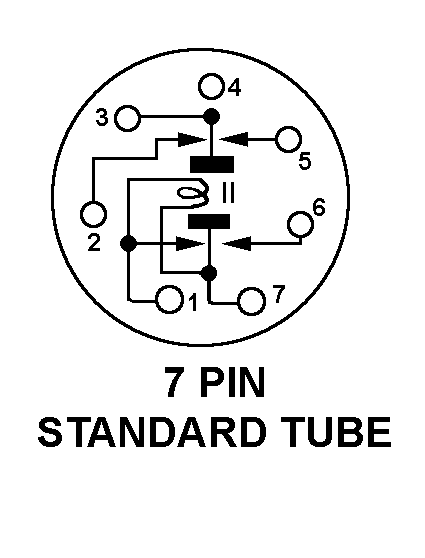
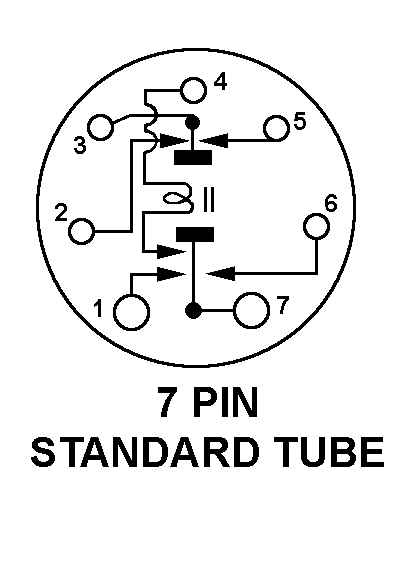
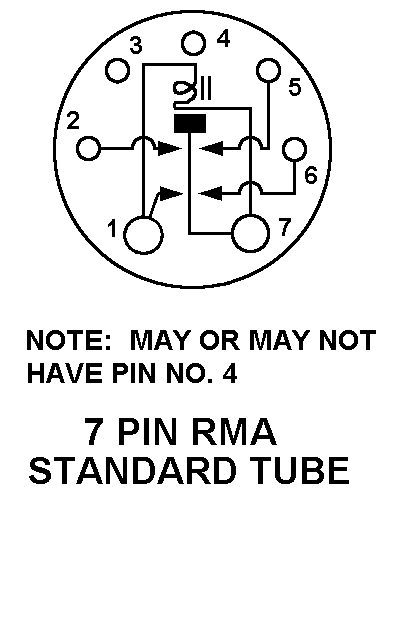
Definition Definition of approved item name (AIN): "VIBRATOR,INTERRUPTER"
An electromechanical device which uses a coil operated switching mechanism to convert a direct current input into a pulsating direct current output of the same value. The direct current input is periodically interrupted at the resonant frequency of a coil driven vibrating armature (reed). The resultant pulsating direct current output produces an inherent alternating current component necessary for ultimate purposes of transformation. It does not include a means of amplification or rectification. For items designed to operate over a wide and comparatively high frequency range and whose drive coil may be excited from either an alternating current or a direct current, see chopper, electronic.
6130-00-356-1787 Material Hazmat, Precious Metals, Criticality, Enviroment, and ESD
Indicates there is no data in the hmirs and the nsn is in a fsc not generally suspected of containing hazardous materials.
Precious metal content is unknown
The item does not have a nuclear hardened feature or any other critical feature such as tolerance, fit restriction or application.
Identification Codes
HMIC: Hazardous Material Indicator Code. A one position code that identifies a hazardous item.
PMIC: Precious Metal Indicator Code. A one position code which identifies items that have precious metals as part of their content. precious metals are those metals generally considered to be uncommon, highly valuable, and relatively superior in certain properties such as resistance to corrosion and electrical conductivity.
ESD: Electrostatic Discharge. Indicates if an item is susceptible to electrostatic discharge or electromagnetic interference damage. electrostatic discharge damage occurs when an accumulation of static electricity generated by the relative motion or separation of materials is released to another item by direct contact. electromagnetic interference damage occurs when an item comes into proximity with an electrostatic or magnetic field.
ENAC: Enviromental Attribute Code. Identifies items with environmentally preferred characteristics.
CRITL: Criticality Indicator Code. Indicates an item is technically critical by tolerance, fit, application, nuclear hardness properties, or other characteristics.






